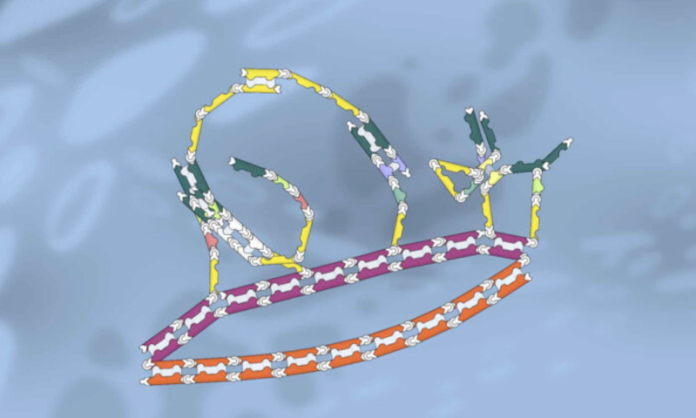You are probably familiar with initiatives like Seti@Home, where you donate unused computer power to some science project that needs computer cycles. [Jeff Yoshimi] wants to borrow your most powerful computer: your brain. The reason: cancer research.
[Jeff’s] recent book, Gaming Cancer, has three examples: Eterna, Foldit, and Nanocrafter. All three make games out of creating biological molecules. With Foldit, you create proteins in a bonsai-like fashion. EteRNA is more like Sudoku for RNA. Nanocrafter used DNA strands as puzzle pieces, although it is no longer operational. Their website, amusingly, looks like it was taken over by a slot machine site and a probably AI-generated text tries to convince you that slot machines are much like fusing DNA strands.
What can these projects do? Eterna’s open vaccine challenge used gameplay to help design RNA molecules for vaccines that don’t require ultra-cold storage, and the results drove improvements in real-life vaccines.
There have been several science fiction stories that center on the idea that a game of some sort might be an entrance test to a super-secret organization (The Last Starfighter or Stargate: Universe, for example). Maybe a future science game will trigger scholarship or job offers. It could happen.
We like citizen science. Zooniverse does a good job of making it fun, but maybe not to the level of a game. You can make contributions in space, or even right here on Earth.
